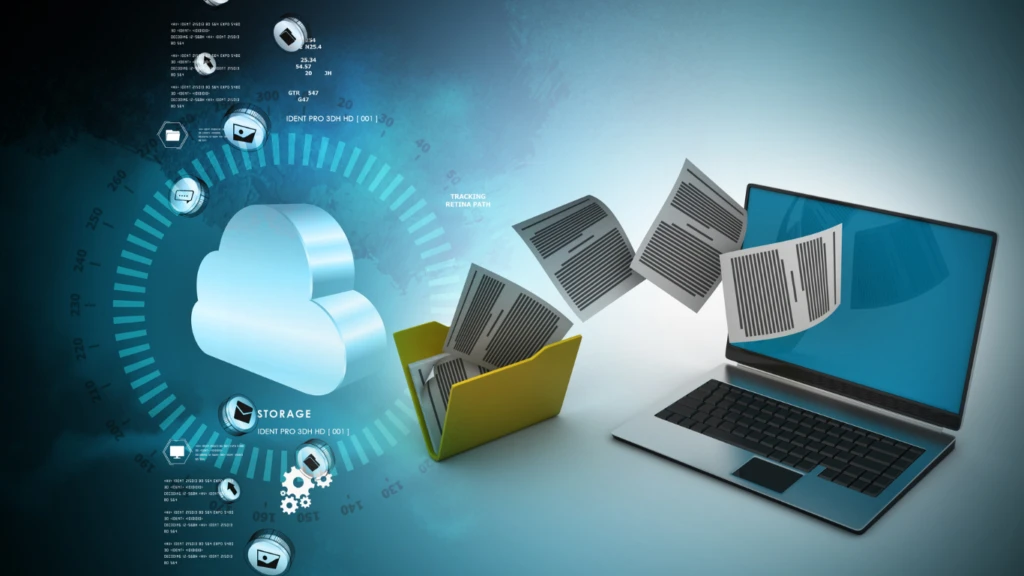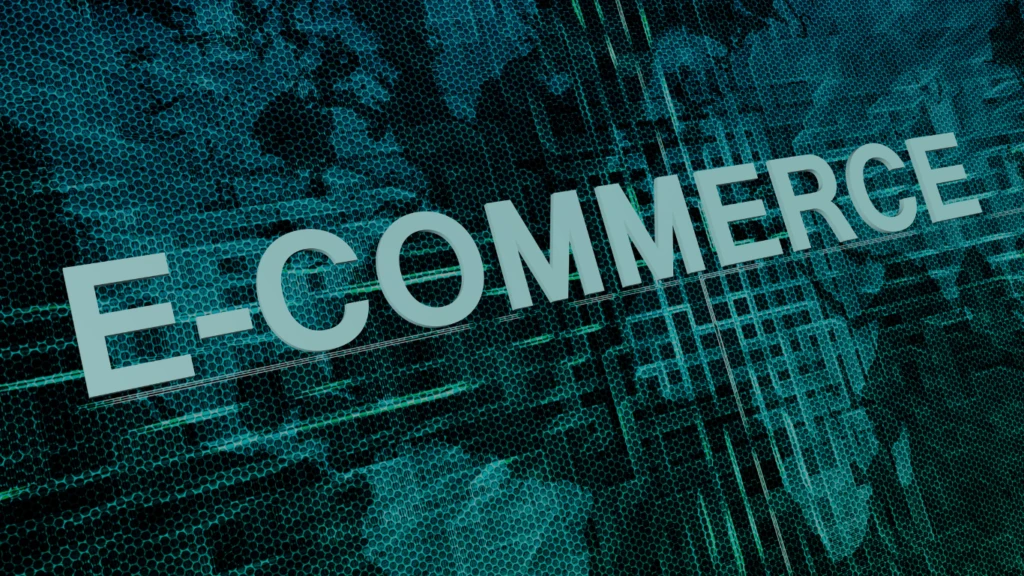Welcome to our ERP Comparison Series, where we delve into the intricate realm of enterprise resource planning (ERP) systems, pitting two industry heavyweights against each other: NetSuite ERP and Epicor. In this comprehensive exploration, we will dissect the nuances of these ERP solutions, steering clear of ambiguities and instead navigating the intricate terrain of smooth integration and tailored functionalities. Join us as we unravel the technicalities that distinguish NetSuite ERP from Epicor, providing you with invaluable insights to make an informed decision for your enterprise’s unique requirements. Let the ERP battle begin.

Short Overview of NetSuite:
NetSuite, a product under the Oracle umbrella, boasts a cloud-based deployment model, adhering to a subscription-based structure featuring pricing plans.
Concise Look at Epicore:
EPICOR caters to a spectrum ranging from small-scale to large enterprises. Operating within both Cloud-Based and On-Premise environments, it hosts over 21,000 users, with pricing determined by individual customer needs.
The cloud-native infrastructure of NetSuite or the on-premises infrastructure of Epicor: Which is better?
NetSuite and Epicor share a pivotal feature in their cloud-native infrastructure. This design empowers businesses to access their data effectively, irrespective of location or time, contingent upon a stable internet connection.
This heightened flexibility enables a workforce to operate remotely or on the move, fostering efficient management and collaboration across diverse geographical settings. While Epicor does offer an on-premise alternative, it necessitates businesses to oversee server maintenance, incurring potential costs and time investments. Despite the perceived security advantages of an on-premise solution, NetSuite’s cybersecurity protocols are acknowledged as industry-leading, providing reassurance to users.
Feature-Based Analysis: NetSuite vs. Epicor
Exploring the Comparative Attributes and Merits
- Unlocking the Power of Cloud-Based Architecture:
While Epicor stands as a proficient ERP system, NetSuite emerges with pronounced benefits stemming from its innovative cloud-based architecture. The cloud-centric approach of NetSuite ensures enhanced accessibility, data management efficiency, and greater scalability, offering businesses a dynamic and adaptive technological foundation.
- Scalability Dynamics in ERP Solutions:
In the realm of scalability, NetSuite positions itself as a formidable choice. Its architecture enables agile expansion, aligning with the evolving demands of a growing business. This scalability factor becomes particularly significant for small businesses seeking an ERP solution capable of flexibly accommodating increasing operational complexities.
- Comprehensive Feature Set for Effective Business Management:
NetSuite sets itself apart with a comprehensive suite of features, spanning financial management, supply chain, and human resources. This integrated approach consolidates various functions, providing businesses with a unified system for channelise operations. Epicor, while competent, mirrors this comprehensive approach, catering to the diverse needs of businesses across the spectrum.
- Working Across the CRM Environment:
In Customer Relationship Management (CRM), NetSuite excels by providing a consolidated platform for smooth interaction management.The unified CRM system enhances customer engagement and supports effective data governance. Epicor, too, integrates robust CRM capabilities, fostering customer relationships through strategic tracking and management across the entire customer life cycle.
- eCommerce Empowerment:
When it comes to eCommerce functionality, NetSuite leads the way thanks to its many features, which enable companies to set up and run online stores effectively. NetSuite’s interconnectivity guarantees a smooth transition between eCommerce activities and more general corporate procedures. Epicor, responsive to diverse industry needs, also offers commendable eCommerce capabilities, enabling online transactions and integration with overarching business functions.
- User-Friendly Interface for Enhanced Operational Efficiency:
NetSuite prioritizes user experience with a highly intuitive interface, optimizing navigation and productivity. Dashboard customization tools enable users to personalize the interface according to their tastes. Epicor’s user interface is simple without sacrificing capability, making it easy to use and providing a productive experience for users.
- Strategic Consideration for Small Business Dynamics:
For small businesses seeking an ERP solution capable of scaling alongside their growth trajectory, NetSuite emerges as a compelling choice. Its robust and flexible platform positions it as an ideal companion, capable of handling operations with the evolving needs of a burgeoning business.
NetSuite vs. Epicor: Industry-Centric Evaluation
- Unveiling the Distinctions Beyond Features
Delving beyond feature-based comparisons, the divergence in target industries emerges as the primary discriminator between NetSuite and Epicor.
- Navigating Industry-Specific Complexities:
The complexity increases when examining how they relate to different sectors. These ERP systems are flexible enough to serve a wide range of industries. But the differences grow more noticeable, especially when it comes to complex industrial processes and areas like software and subscription management.
- Specialized Solutions for Software and Subscription Entities:
For businesses entrenched in intricate software and subscription models, NetSuite emerges as the optimal choice. The system showcases tailored prowess in addressing the nuanced requirements of such industry verticals, delivering tailored solutions that surpass the capabilities of Epicor in this domain.
- Epicor’s Dominance in Complex Manufacturing:
Conversely, Epicor takes the lead in businesses characterized by intricate manufacturing practices. Its specialized features are finely tuned to accommodate the complexities inherent in manufacturing operations, offering targeted solutions that outshine NetSuite in this specific industrial arena.
- Decoding NetSuite’s Edge for Subscription and Software Businesses:
NetSuite stands as the preferred solution for software and subscription entities, presenting a distinctive array of advantages that Epicor cannot replicate. Key benefits encompassed within NetSuite’s purview for these industries include:
- Revenue Recognition:
Robust revenue recognition procedures are provided by NetSuite, which aligns with the financial complexities of software and subscription business models.
- Subscription Management:
NetSuite is designed with the subscription model in mind and provides advanced subscription management features that guarantee simpler operations and maximized revenue streams.
- Financial Management:
NetSuite’s financial management functionalities are finely tuned to meet the unique financial demands of software and subscription companies, surpassing the general capabilities of Epicor.
- Inventory Management:
NetSuite’s inventory management module is specifically designed to cater to the unique demands of software and subscription businesses, offering precise control over digital assets and subscription inventories.
- CRM:
NetSuite’s Customer Relationship Management (CRM) module is optimized for subscription and software entities, providing excellent solutions for effective customer engagement and retention.
- Reporting and Analytics:
NetSuite excels in delivering advanced reporting and analytics tools to the specific metrics and analytics needs of software and subscription businesses, ensuring data-driven decision-making
NetSuite and Epicor are two enterprise resource planning (ERP) systems that compete in the ERP market. NetSuite is a cloud-based solution that offers a subscription-based structure with pricing plans. It caters to a wide range of enterprises, operating in both cloud-based and on-premise environments. Both systems share a cloud-native infrastructure, allowing businesses to access their data remotely or on the move. NetSuite's cybersecurity protocols are industry-leading, providing reassurance to users.
NetSuite's cloud-based architecture ensures enhanced accessibility, data management efficiency, and greater scalability. Its architecture enables agile expansion, aligning with the evolving demands of growing businesses. NetSuite's comprehensive feature set for effective business management, including financial management, supply chain, and human resources, sets it apart. It also excels in Customer Relationship Management (CRM) and eCommerce functionality, enabling companies to set up and run online stores effectively. NetSuite's user-friendly interface optimizes navigation and productivity, while Epicor's simple interface is simple without sacrificing capability.
For small businesses seeking an ERP solution capable of scaling alongside their growth trajectory, NetSuite is a compelling choice.







